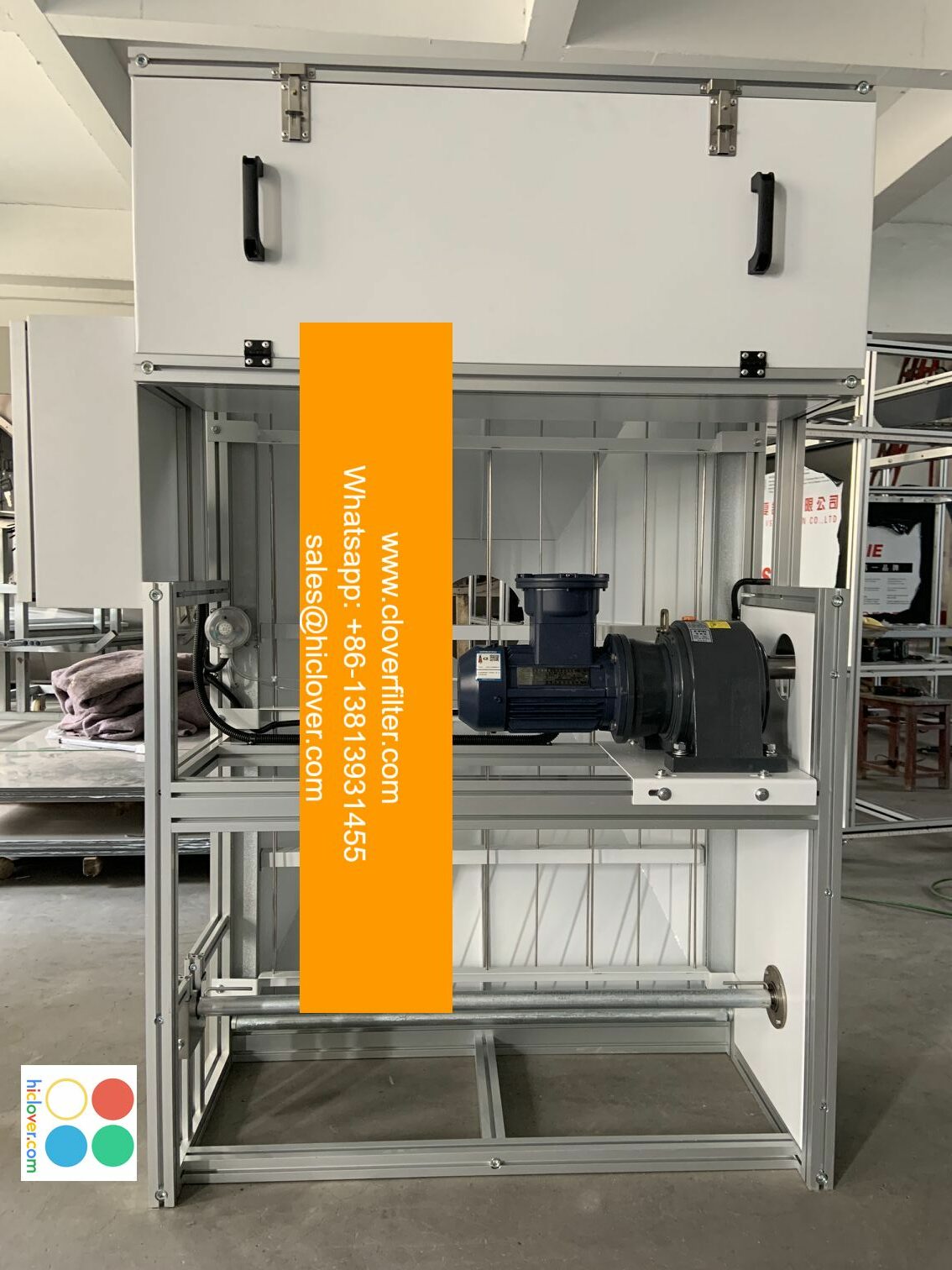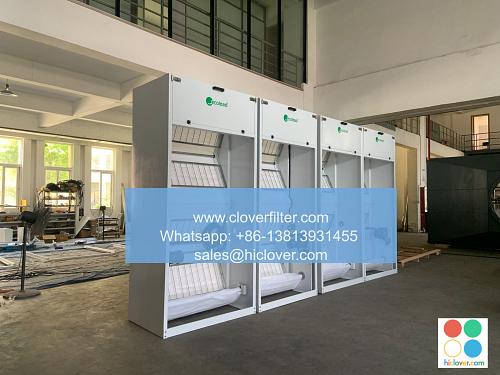The Benefits of Upgrading to a High-Efficiency Air Filter

Upgrading to a high-efficiency air filter can have a significant impact on the quality of the air in your home or commercial building, offering numerous benefits for your health, comfort, and energy efficiency. In this article, we will explore the advantages of high-efficiency air filters, highlighting various application areas and key features such as indoor air quality improvement, allergen removal, and reduced energy consumption.
Improved Indoor Air Quality
High-efficiency air filters are designed to capture a wide range of airborne pollutants, including particulate matter, gases, and volatile organic compounds (VOCs). By removing these contaminants from the air, high-efficiency filters can significantly improve indoor air quality, reducing the risk of respiratory problems and other health issues. This is particularly important for people who suffer from allergies or asthma, as high-efficiency filters can help to remove allergens and irritants from the air.
Increased Energy Efficiency
High-efficiency air filters can also help to reduce energy consumption and lower your energy bills. By capturing more airborne pollutants, high-efficiency filters can help to extend the life of your HVAC system and reduce maintenance costs. Additionally, high-efficiency filters can help to improve airflow and reduce pressure drops, making your HVAC system work more efficiently and effectively.
Applications in Commercial and Industrial Settings
High-efficiency air filters are not just for residential use; they can also be used in commercial and industrial settings to improve indoor air quality and reduce energy consumption. In healthcare facilities, high-efficiency filters can help to prevent the spread of infections and improve patient outcomes. In industrial settings, high-efficiency filters can help to remove hazardous chemicals and improve worker safety.
Key Features to Look for
When selecting a high-efficiency air filter, there are several key features to look for, including:
- High MERV ratings: Look for filters with high MERV (Minimum Efficiency Reporting Value) ratings, which indicate the filter’s ability to capture airborne pollutants.
- High CADR ratings: Look for filters with high CADR (Clean Air Delivery Rate) ratings, which indicate the filter’s ability to remove airborne pollutants quickly and efficiently.
- Low pressure drops: Look for filters with low pressure drops, which can help to improve airflow and reduce energy consumption.
Conclusion
Upgrading to a high-efficiency air filter can have a significant impact on the quality of the air in your home or commercial building, offering numerous benefits for your health, comfort, and energy efficiency. By highlighting various application areas and key features such as indoor air quality improvement, allergen removal, and reduced energy consumption, we can see the importance of high-efficiency air filters in residential, commercial, and industrial settings. Whether you’re looking to improve the air quality in your home or reduce energy consumption in your commercial building, a high-efficiency air filter is an excellent choice. It seems like you’re looking for a prompt to get started with something, but you haven’t specified what that something is. Could you please provide more details or clarify what kind of prompt you’re looking for? This could be related to writing, learning a new skill, brainstorming ideas, or anything else. The more specific you are, the better I can assist you.

